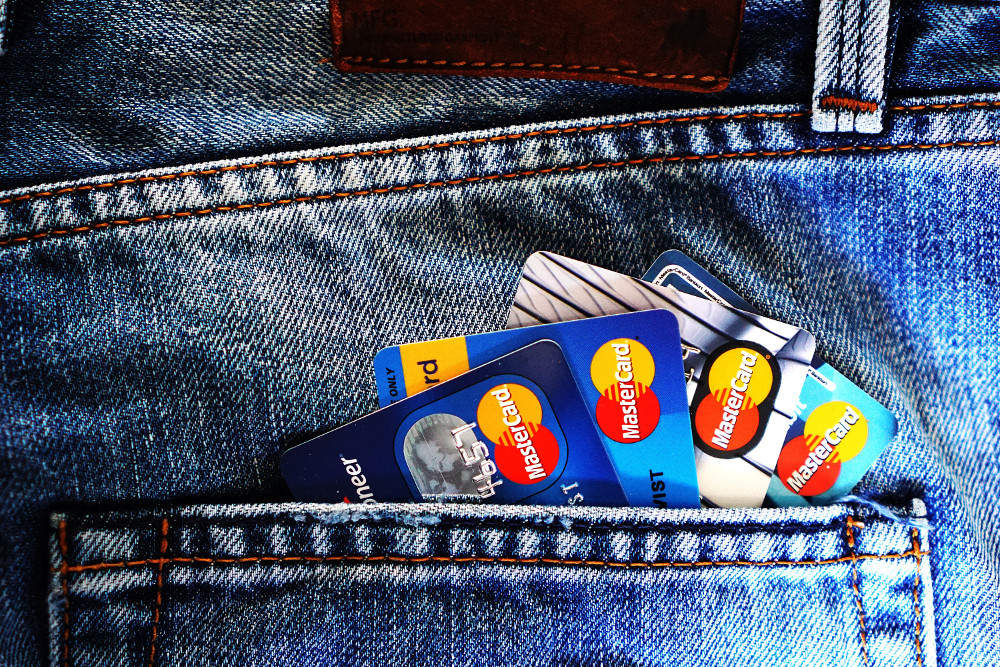Moving to a new country is a significant life change that comes with numerous challenges, especially when it comes to managing finances and understanding the intricacies of credit.
In this blog post, we’ll explore what credit is, the importance of a good credit score, and five common credit mistakes immigrants make.
Plus, I’ll provide you with valuable information on how to avoid these pitfalls to build a solid credit foundation in your new home.
Understanding credit and its importance
Credit is a financial tool that allows people to borrow money or access goods and services with the promise of repayment at a later date.
This is the trust between a borrower and a lender, where the lender assesses the creditworthiness of the borrower to determine the risk of lending them money.
A good credit score is crucial as it demonstrates your financial reliability, making it easier to obtain loans, obtain favorable interest rates and access services such as telephone contracts.
It also opens the doors to better financial opportunities in your new country.

Challenges of Building Credit Score as a New Arrival in the UK
Building credit as a new arrival in the UK can be challenging due to the lack of credit history.
Many lenders and service providers rely on credit scores to assess the risk associated with granting loans or offering services.
Without a credit score, you might face difficulties in securing loans, housing, or even setting up utility services.
However, there are effective ways to overcome these challenges and establish a strong credit history.
Top 6 Credit Mistakes Diasporans Make and How to Avoid Them
-
Not Checking Your Credit Report:
Not checking your credit report regularly can lead to surprises and potential mistakes that could hurt your credit score.
How to avoid this
Avoid this by getting free credit reports from credit reporting agencies and monitoring them for inaccuracies or unauthorized accounts.
-
Only make minimum payments:
Making only the minimum required payments on your debts may seem convenient, but it can lengthen the time it takes to pay off debts and accrue unnecessary interest.
How to avoid this
Make sure to pay off your debt at the end of each month or as much as you can.
-
Late Bill Payment:
Late payments negatively affect your credit score, as they suggest financial instability.
How to avoid this
Set reminders or automate your bill payments to ensure they are consistently paid on time.
-
Account Opening and Closing:
Frequent account openings and closings can indicate financial instability for lenders.
How to avoid this
Maintain some credit accounts for an extended period of time, demonstrating responsible credit history and use.
-
Avoid Credit Completely:
While it may seem tempting to avoid credit entirely, not having a credit history can hinder your ability to build a good credit score.
How to avoid this
Use credit responsibly and sparingly to build a positive credit history.
-
Using credit for large purchases:
Most credit cards come with rewards for every purchase so it might seem tempting to make large purchases on your card. A big impulse buy could lead to regret—and debt—later on, particularly when you’re working to pay off credit card debt as your new purchases will start to accrue interest right away.
How to avoid this
Use your credit for daily expenses such as groceries, transport and outings. If you have to make a large purchase, make sure to pay it off as fast as possible.
How long does it take to build a good credit score in the UK?
Building a good credit score is a long term game.
Generally, it takes at least six months of responsible use of credit to establish a credit history.
However, building a strong credit score can take a couple of years, demonstrating consistent financial reliability.
By avoiding the common credit mistakes listed above and practicing responsible credit habits, you can gradually improve your credit score over time.
Remember that patience and consistency are key, and over time, you can establish a positive credit history that will open the doors to a brighter financial future.
Learn more about money management and investing with My Workshops
As an immigrant navigating financial matters in a new country, understanding money management and investing is essential to building wealth securing your financial future.
Join my workshop to gain valuable skills, education and strategies that will empower you to make informed financial decisions and achieve your investing goals in your new home.






